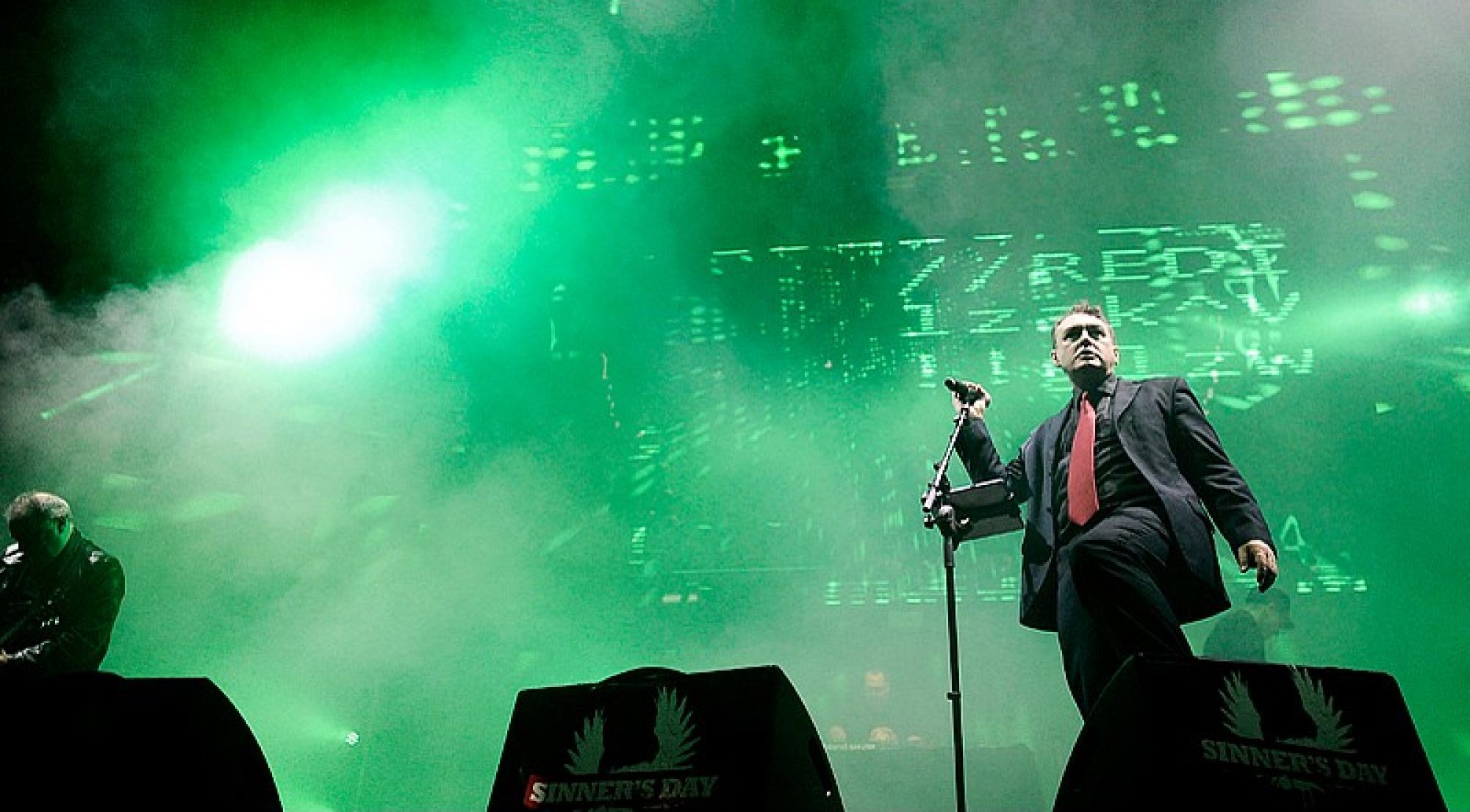Rodney explains what Wonderworld is about…
WonderWorld is a song about the English Midlands town of Corby. For most of the 20th century it was a classic British industrial town, built around a thriving steelworks, until Conservative Party government policies shut it down, leaving the town with no money and a huge unemployment problem. Then some corporate businessmen came along and promised to rebuild the town based around a gigantic theme park called WonderWorld. They received millions of pounds of funding, got given an enormous plot of land, and told everyone it was going to be the British version of Disneyland.
There were due to be 13 “worlds” including Story Village for children, Computer Park which allowed visitors to see the latest technology and Safety Place which was a bizarrely-themed world featuring safe play.
There was Energy World, which was described as an Omnimax Cinema and Air Space, which gave people the chance to experience the latest space technology.
There was also due to be 15,000 car parking spaces, 120 acres of housing and 2,000 hotel rooms. On the same site was supposed to be a 10,000-seat sports stadium and a 4,200-seat concert hall with a 30,000 capacity open-air theatre.
https://www.northantstelegraph.co.uk/lifestyle/nostalgia/retro-end-of-the-world-for-corby-theme-park-1-5937497
Of course we realised that this was a gigantic con, but the local council didn’t, and they kept the project going until 1990, even though no work was ever done – 4 years after we released this song! The only thing they ever built was a big sign in front of a huge empty field, and a (fake) hut for the workmen who never came. They spent years telling everyone what an incredible new exciting thing this was going to be, but instead just stole what little money the working people had left and built nothing at all.
We thought this was a perfect metaphor for Britain under the Thatcher government, and so the song Wonderworld came about.
Ironically our song is now the only thing left of the entire project for people to remember.



